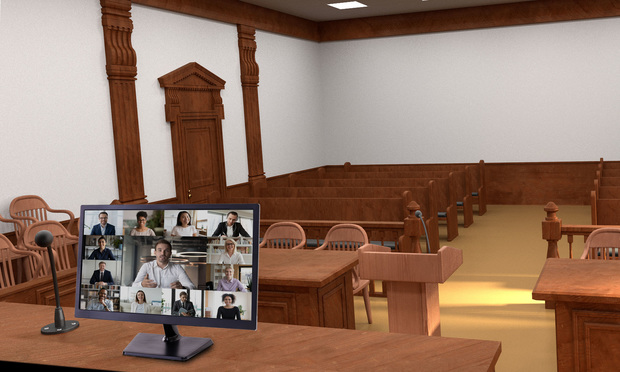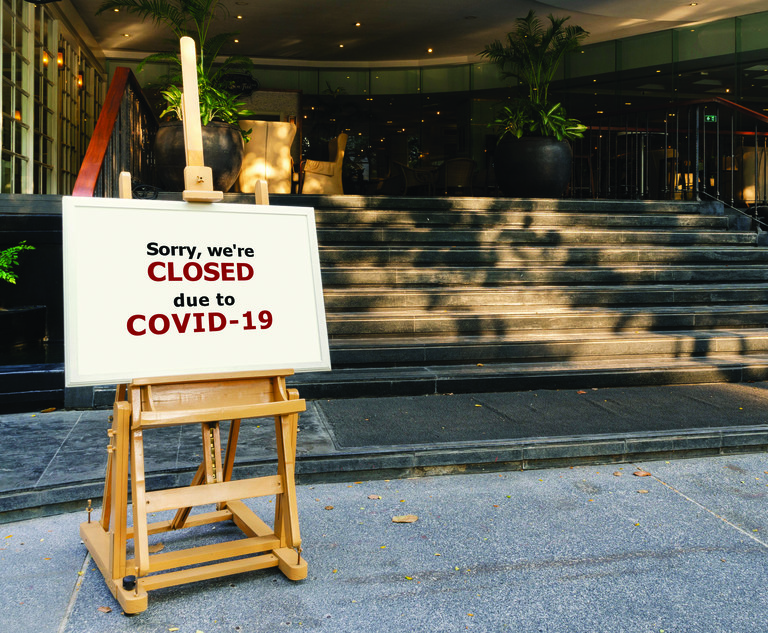In this past week’s Law.com Litigation Trendspotter column, we wrote about the increasing signs that virtual litigation is going to be a permanent post-pandemic fixture.
We also asked readers for their thoughts on the issue and received some interesting feedback.
Mark Dubois of Geraghty & Bonnano in New London, Connecticut, highlighted two little-discussed benefits of virtual proceedings for judges and court administrators: “Our chapter of [the American Board of Trial Advocates] hosted a Zoom with our chief judge in charge of civil litigation this week. He loves virtual courtside trials because ‘I can assess credibility by looking the witness in the face, instead of in his left ear.’ Not to mention the cost savings for court administrators who’ve converted judges’ kitchens and bedrooms into courtrooms not needing security.”
Meanwhile, several other readers agreed that the time- and cost-savings of virtual proceedings for courts, lawyers and litigants have become undeniable.
Eric Dittmann, Paul Hastings’ global vice-chair of the firm’s intellectual property practice, who recently completed a remote trial in the U.S. District Court for the District of New Jersey said unequivocally that “virtual proceedings are here to stay”:
“The advantages they afford—including less travel and cost—will make it an appealing alternative going forward, especially with respect to preliminary proceedings. Having recently led the first virtual Hatch-Waxman Act trial in the District of New Jersey on behalf of the patent owner, I can also attest that the entire trial process can work virtually if you prepare properly, particularly logistically, just like you would for any trial.”
Two partners at Los Angeles-based litigation boutique Waymaker also weighed in.
“The savings to the court and clients due to the increased efficiencies of video-conferencing technologies are significant, and those benefits offset any reduced ability to communicate in all but the most complex of proceedings,” Waymaker co-founder Ryan Baker, who focuses his practice on appellate work, said.
“The efficacy of video technologies many courts have been forced to adopt dramatically reduces the justification for courts and litigants to absorb the additional costs inevitably associated with in-person appearance at routine proceedings or any appearance not requiring the presentation of significant evidence or argument,” Baker also noted.
Waymaker partner Brian Klein, who focuses on criminal, regulatory and civil matters, added that, “for status conferences and similar types of non-substantive appearances, [virtual proceedings] save a lot of time and client money.”
READ MORE:

 (Photo Illustratio: Jason Doiy/ALM)
(Photo Illustratio: Jason Doiy/ALM)








